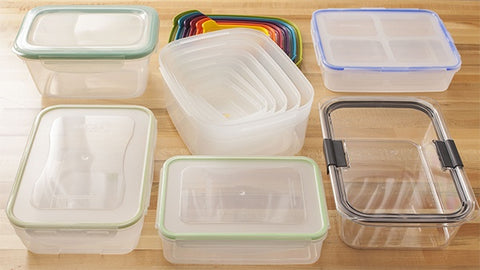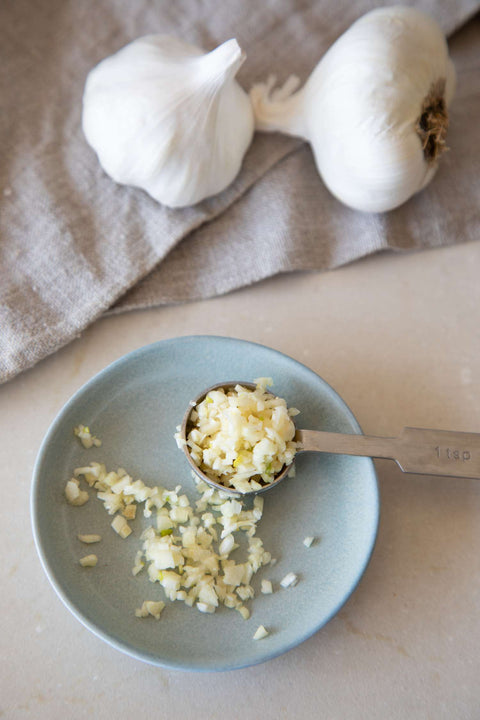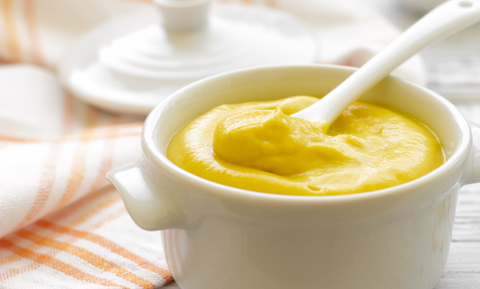Plastic, despite its convenience and widespread use, poses significant drawbacks when it comes to food storage. Let's explore the negative effects of plastic on food storage and highlight the importance of seeking alternative solutions.
Plastic containers used for food storage can leach harmful chemicals into the food they are supposed to protect. Many plastics are manufactured using chemicals called phthalates and bisphenols, which are known to mimic hormones and disrupt human bodily functions. When exposed to heat or for extended periods, these compounds can migrate from the plastic container into the stored food, posing a potential health risk when consumed. Studies have linked these chemicals to various health issues, including reproductive problems, hormone disruption, obesity, and even certain types of cancer. Thus, relying on plastic containers for food storage can be detrimental to one's health.
In addition to the chemical risks, plastic containers are not environmentally friendly. Plastics are derived from non-renewable resources such as petroleum and natural gas, contributing to unsustainable depletion of these valuable resources. Moreover, the manufacturing process of plastic containers emits greenhouse gases, contributing to climate change. The problem is further exacerbated by the fact that most plastic containers are used once and then discarded, ending up in landfills or polluting water bodies. Plastic takes decades, if not centuries, to decompose fully, leading to significant environmental degradation. Ingested microplastics from our food chain can even make their way to our bodies, further intensifying the plastic pollution problem.
Another disadvantage of plastic food storage is its limited durability. Plastic containers can easily break or crack, leading to leaks and spoiling of food. This not only wastes food but also poses health risks as spoiled food can harbor harmful bacteria and cause food poisoning. Moreover, plastic containers are prone to absorbing odors, which can be difficult, if not impossible, to remove. This can result in the transfer of unwanted flavors and smells to subsequent food items, negatively affecting their taste and quality.
Fortunately, there are alternative options for food storage that are safer and more sustainable. Glass containers, for example, are a popular choice due to their non-reactive nature and durability. Glass neither leaches harmful chemicals nor absorbs odors, ensuring the preservation of food quality and taste. Additionally, glass is dishwasher safe and can be reused multiple times, reducing waste and minimizing environmental impact.
Silicone storage bags and stainless steel containers are also viable alternatives to plastic. Silicone bags are heat resistant, reusable, and free from harmful chemicals. Stainless steel containers are long-lasting, non-reactive, and recyclable.
So what do we know? Plastic containers are detrimental to food storage due to their chemical risks, environmental impacts, and limited durability. It is crucial to acknowledge and address these drawbacks by seeking alternative solutions such as glass, silicone, or stainless steel containers. By making conscious choices in our food storage practices, we can promote our health and protect the environment for future generations.
Article By: Heather Campa, Wyoming Wildflower
GREAT ALTERNATIVES:
Glass Storage Containers with Bamboo Lids





